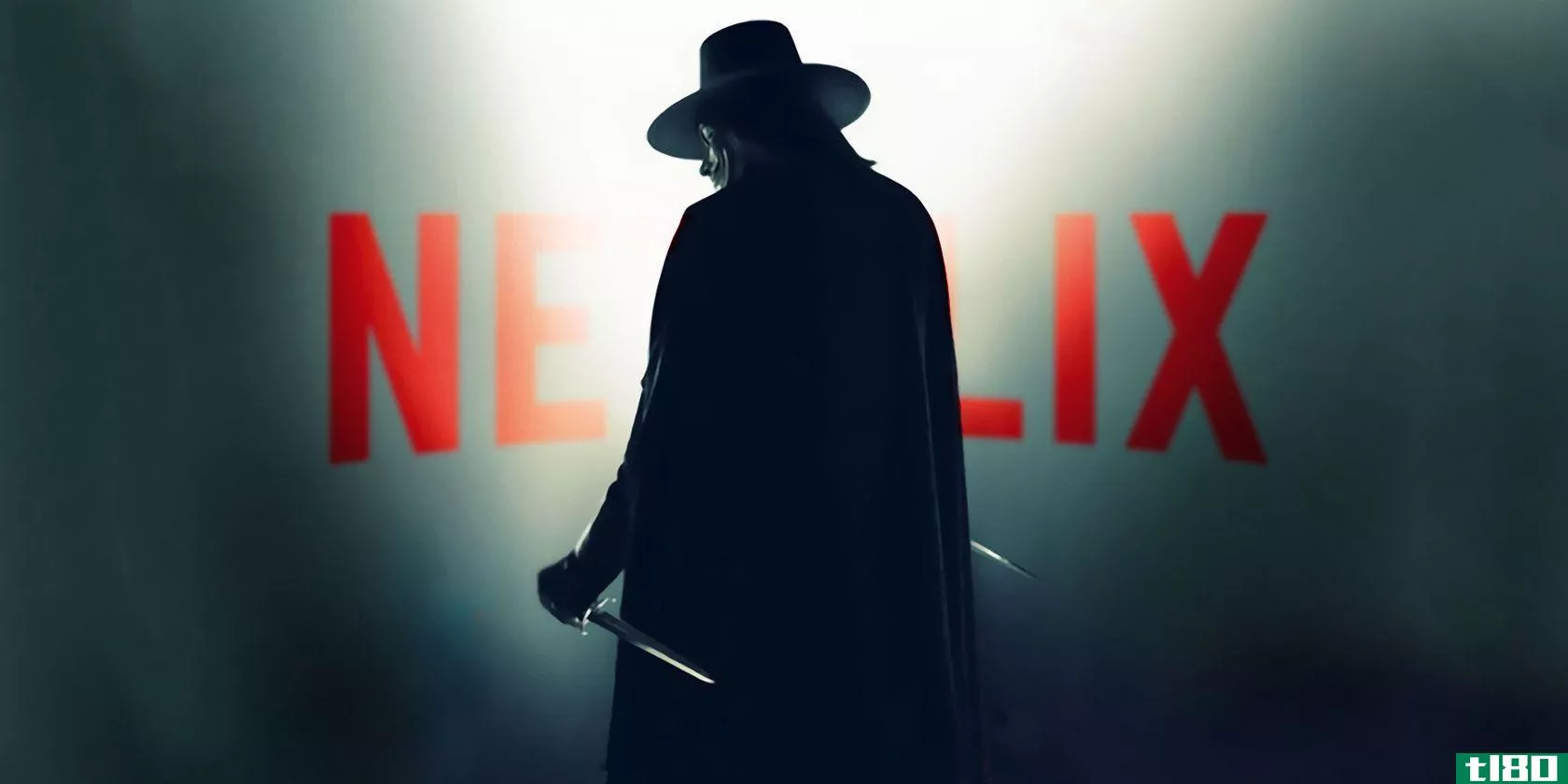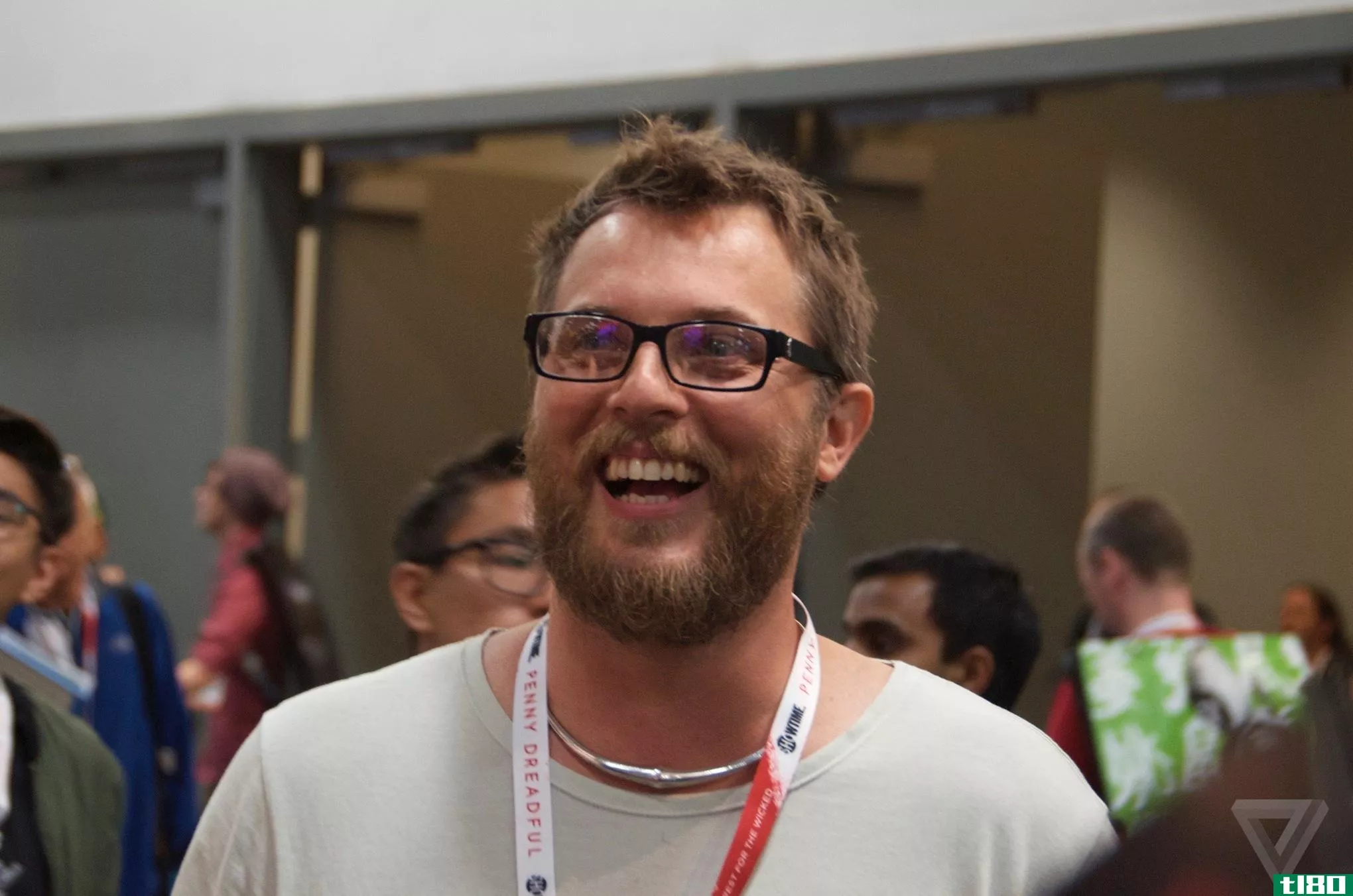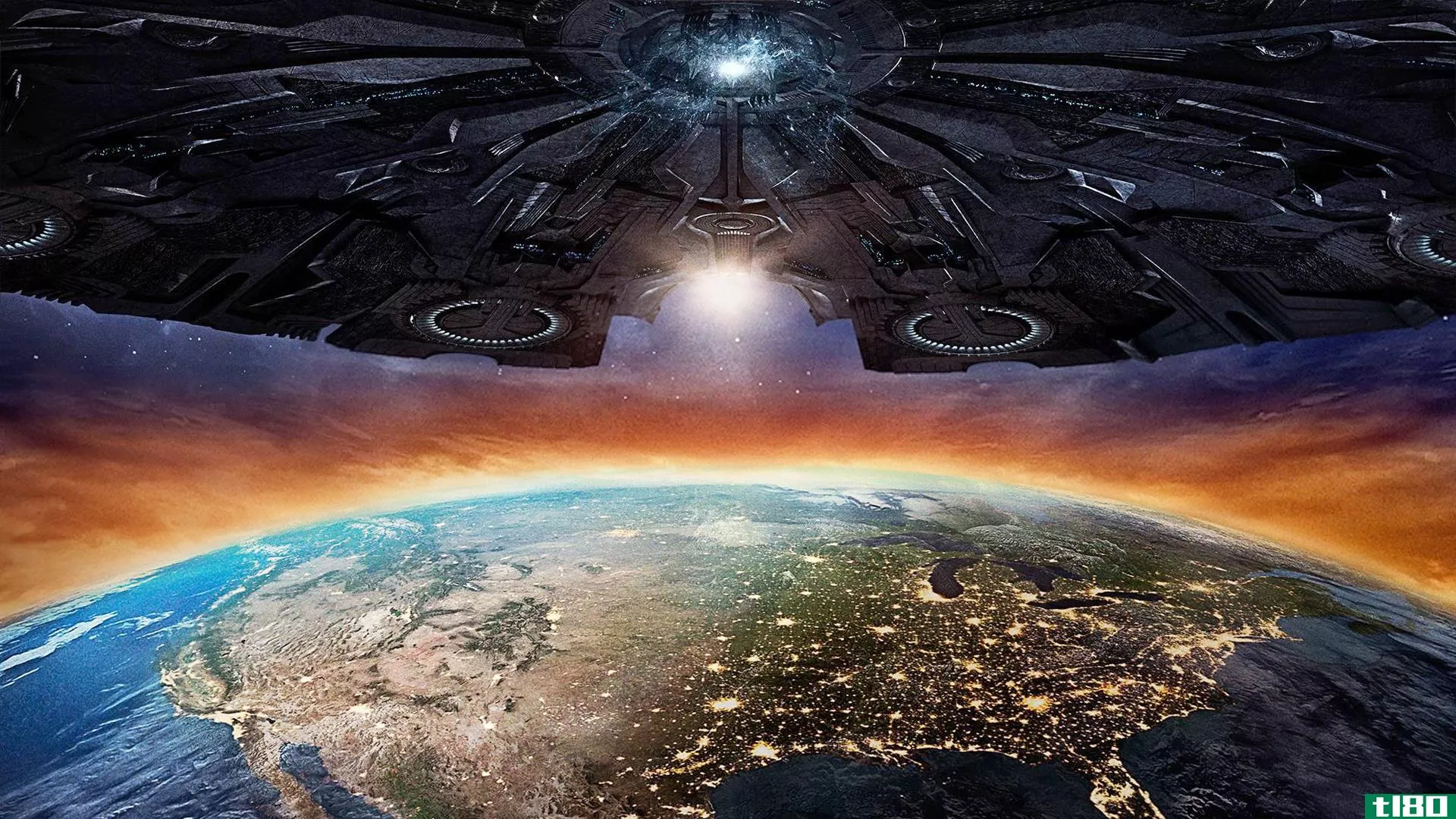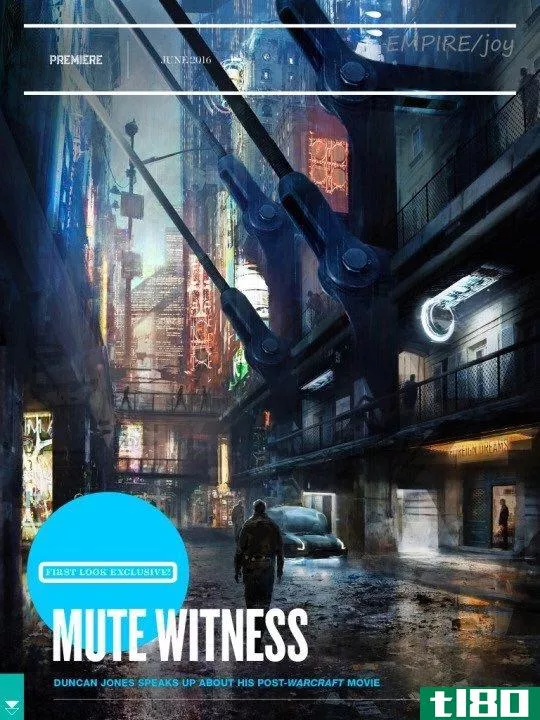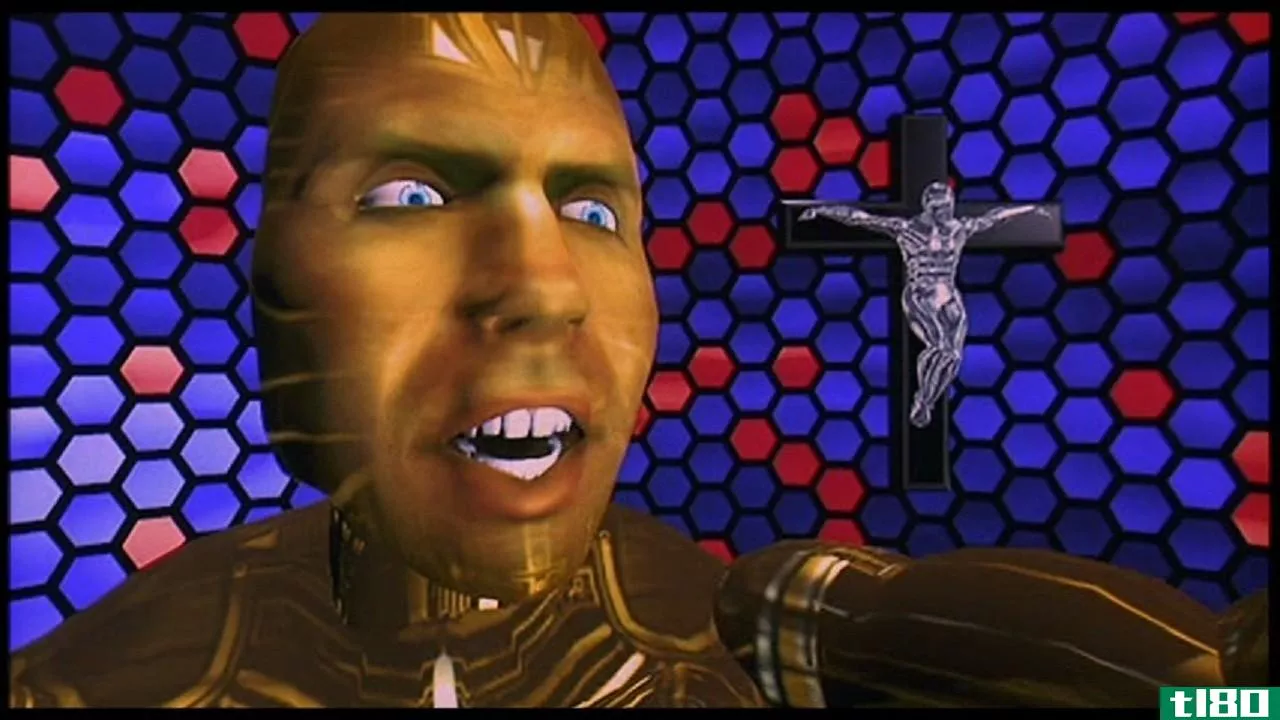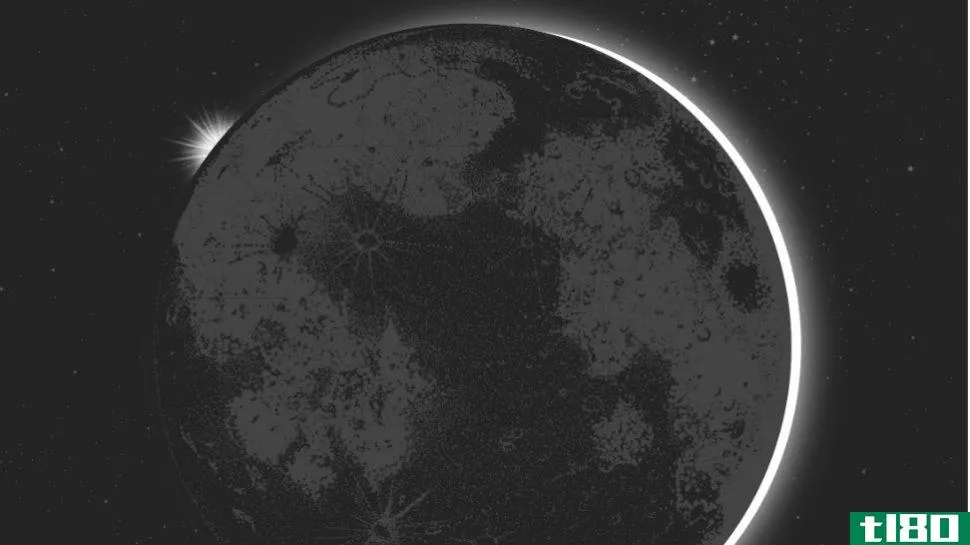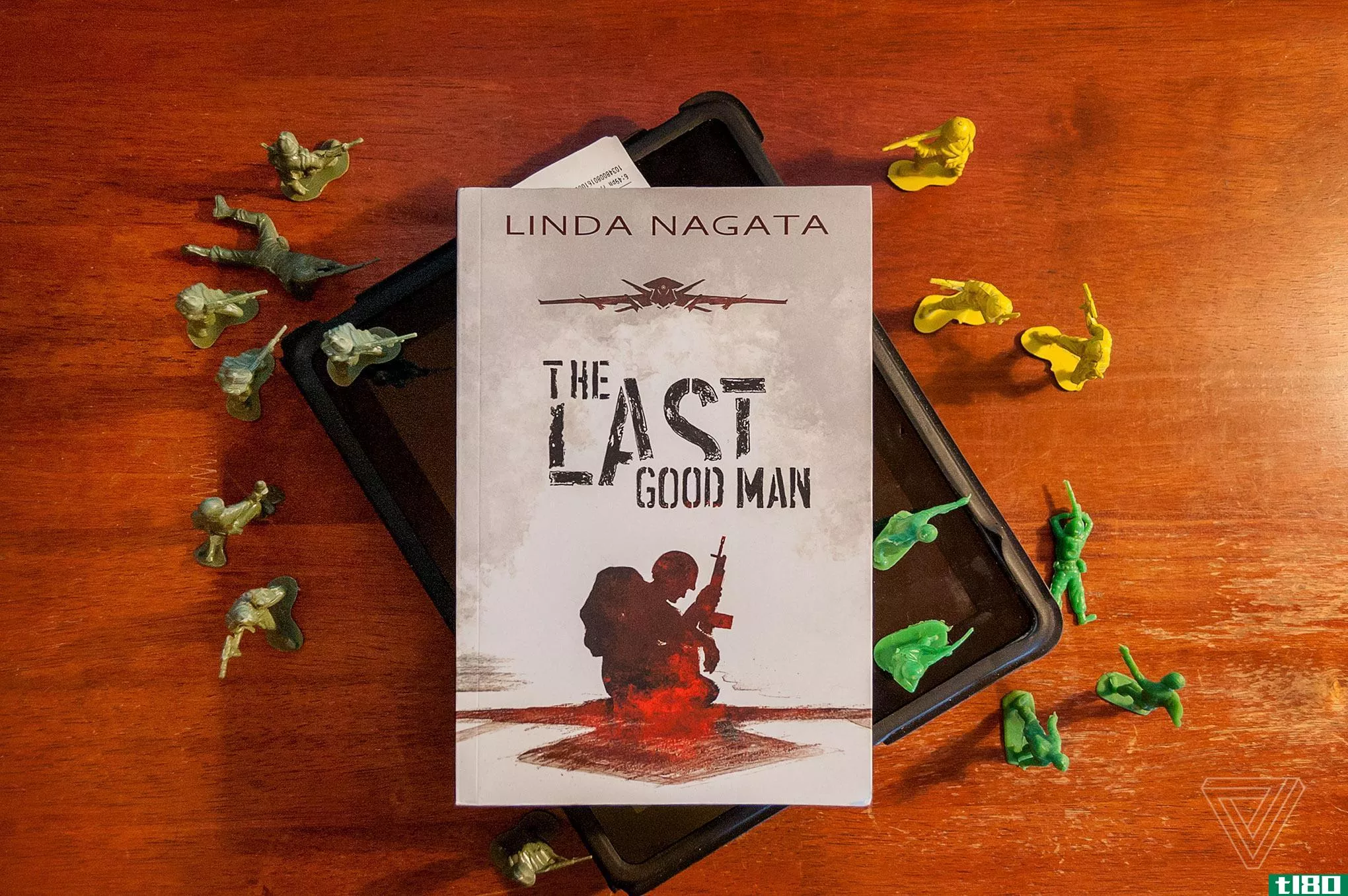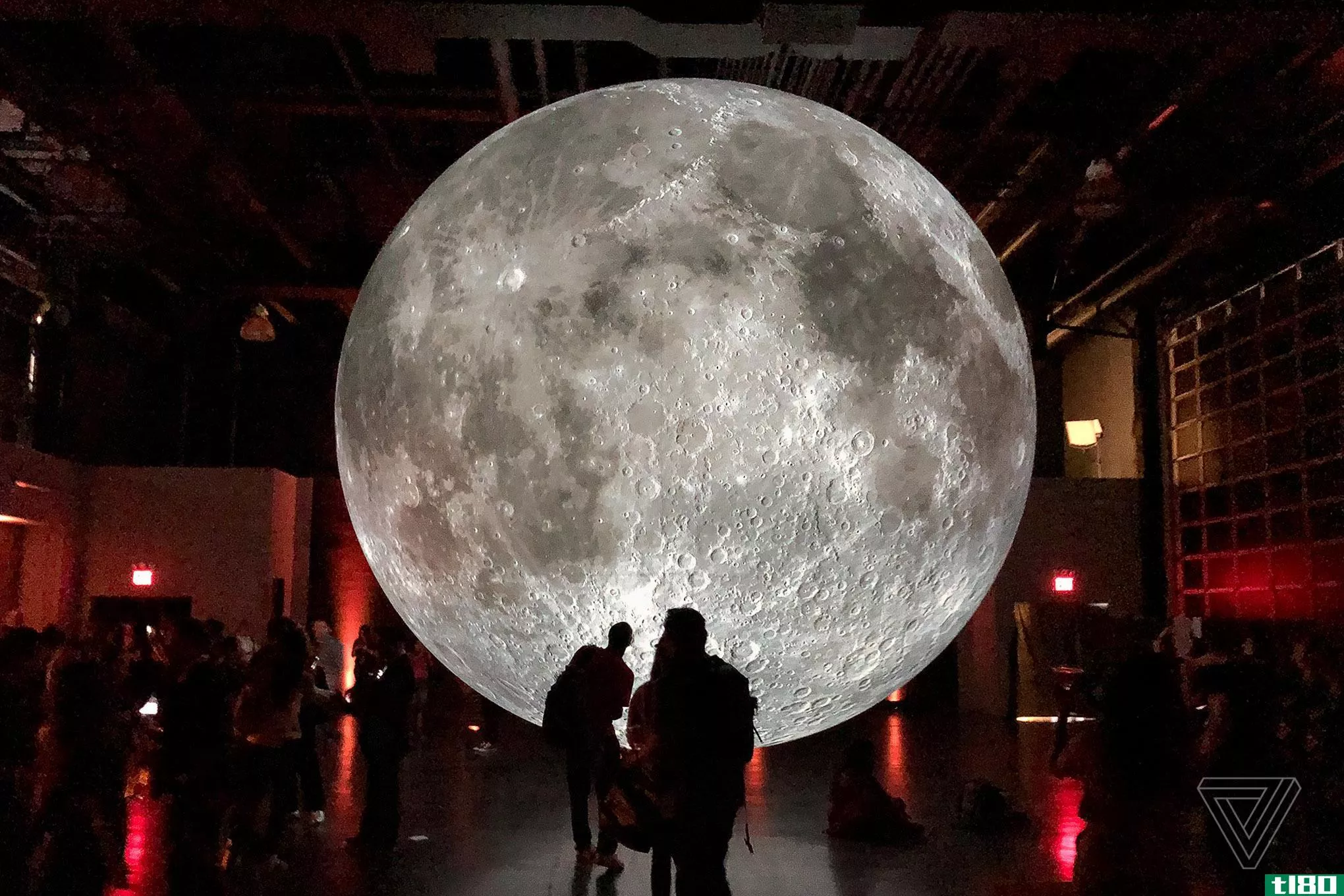这部政治惊悚片把谋杀带到了月球上
我一直觉得金·斯坦利·罗宾逊的未来很有趣。近年来,他出版了一些我最喜欢的科幻小说:《纽约2140》,讲述的是一个被水淹没的纽约市与气候变化抗争的故事,以及《极光》,讲述的是一代船上的船员试图扩大人类在宇宙中的存在。这个月,他带着一本新小说《红月》回来了,我们有一段摘录给你们看。
设定在2047年,美国和中国已经返回月球,在月球表面建立永久定居点。一位名叫弗雷德·弗雷德里克的美国人被派往月球,向中国月球管理局局长张亚祖交付一部量子**。但在与该男子握手后,亚祖中毒身亡,弗雷德里克被控谋杀。这起事件引发了美中之间的重大政治危机,弗雷德里克逃之夭夭。
Orbit在Facebook上发布了这部小说的第一章,其中弗雷德里克第一次踏上了登月之路,并在途中遇到了诗人和“云星”塔舒。《边缘》还有另一段摘录供你阅读,它讲述了塔舒的游记和对地球最近邻居的观察。10月23日,红月来到书店。
TA SHU 2
xia yi bu
The Next Step
We have always walked over the next hill to see what is there. We left Africa around two hundred thousand years ago, always crossing the next ridge, and by about twenty thousand years ago we were everywhere on Earth. In fact, judging by the recent amazing finds in Brazil, it seems we had gotten everywhere on Earth by about thirty thousand years ago.
Some places were particularly hard to get to. The Pacific islands, lost in the empty ocean, came late in our diaspora. In this end game of our long exploration of our planet, the remaining unvisited destinati*** required the invention of new modes of transport. People took an extra interest in these voyages, which had been impossible in times before theirs. They were tests of our ingenuity and courage. They were the creation of new dragon arteries, and examples of the technological sublime. In terms of yin-yang, they were not the water flow of yin, but the expansive surge of yang. That next step—could we make it?
By the early nineteenth century, these previously impossible voyages—impossible at least to Europeans—included the Northwest Passage and the interior of Africa. Later in the nineteenth century, the goals shifted to the North and South Poles, both truly difficult. When those were reached in the early twentieth century, attention turned to the top of Mount Everest and the Mariana Trench, the highest and lowest points on the globe. After we reached those places, when it seemed we had been everywhere, people began to cross the Pacific on primitive rafts, to see if those ancient first voyages could be reproduced by modern people. This was the archeological sub- lime, as it seemed an end point had been reached, because we had been everywhere else on the planet. Then, to everyone’s amazement, Russians and Americans put animals and people in low Earth orbit, above the sky. Then, even more amazing, the Americans put men on the moon. Who could have imagined it could be done!
But my friend Oliver once asked me to notice how always, after these feats were accomplished, people’s interest in the places involved moved on. People now live at the South Pole, cruise ships visit the North Pole, tourists are taken on the dangerous climb to the top of Mount Everest. People work in space. For the most part, no one takes the slightest interest in these activities. Instead for several decades all eyes turned to Mars, and it was said to be supremely interesting; then when the first humans landed there just a few years ago, setting up a tiny base overlooking Noctis Labyrinthus, Mars also quickly became no longer interesting! Attention once again moved on.
It’s clear, then, that always our real interest has been not in any particular place, but rather in our ability to get to that place. It’s the process of exploration itself that fascinates us, not the places we explore. There is perhaps something of narcissi** in this. So, these days we hear all about the asteroids, the mo*** of Jupiter and Saturn, the clouds of Venus, and so on. These places are the new focus of our interest, of our primal urge to walk over the next ridge and see what’s there. They are the next hardest place to reach, and said to be supremely fascinating, but what will happen when we reach them?
Anyway, now here I am, on the moon. After the Americans got to it in the twentieth century, they left, and for a long time it rolled in our sky, empty as it had always been. A bone-white ball of rubble. Airless, freeze-dried, unlivable, without extractable resources. Why go back, having been there already?
That’s a question for another show. For now, we can say that we did go back, as you will see in the programs I will be sending to you in this coming month. First to return were private trips to the moon, funded by the Four Space Cadets and other people interested in space. These efforts relit the fire. The Chinese effort followed these, because at the Twentieth People’s Congress, in 2022, the Chinese Communist Party and its Great Leader President Xi Jinping decided that the moon should be a place for Chinese development, as one part of the Chinese Dream. In the twenty-five years since that resolution was made, much has been accomplished in China’s lunar development.
So here we are, back on the moon. It is an interesting place, I am finding. Bare, harshly lit, strange to look at, even disturbing. I have visited 232 countries on Earth, and now the moon too. One might say I have been everywhere. But no matter where I go, I can never escape myself, the country no one can ever really know. In that sense travel is useless. Maybe we look to the next step in order to avoid see- ing ourselves. Not narcissi**, then, but an attempt to forget.
CHAPTER FOUR
di chu
Earthrise
Ta Shu stopped recording for his cloud show, feeling that his remarks were veering off track again into an area he did not want to share with his viewers, an area reserved for his poetry if anywhere. He was quite sure the world was more interesting than an old man’s thoughts, so he tried to keep his travel narrati*** focused on the world.
He was traveling north on the libration zone train, recording one of his travelogue narrati*** to distract himself from his worry about his new young American acquaintance, among other worries. As happened more and more often these days, his narration had wandered away from its intended path. But he could cut and paste later.
Anyway his train ride was ending, and it was time to join his old friend Zhou Bao in his viewing pavilion, perched on the rim of Petrov Crater. When the train came to a halt he stood carefully, feeling a tentative toddler-like ability to manage his walking. He could bounce gently on the balls of his feet and move in a kind of slow-motion dance. Down the halls following an escort, up broad stairs, into the pavilion. The trick was to move slowly, to flow.
Zhou Bao greeted him happily. “We have some time before Earthrise,” he said. “Let me show you some of my friends here, you will enjoy them.”
“Please do,” Ta Shu said.
Zhou gestured to an open hallway, then crabbed along in his usual way. On Earth he had a limp, and walked almost sideways. His head rested right on his hunched shoulders—a big bald head, almost round, looking like a bowling ball with human features lightly sketched on its front side. His little wide-set eyes peered out with superhuman intelligence and confidence. He did not need to look or move like other people, his calm gaze said. Here on the moon his limp was more like a skip step. The cause of the limp, a long-ago car accident that had killed his wife, he and she having been broadsided by a drunk driver, was no longer ever mentioned. That was an event from a past life, a previous reincarnation; time now, his calm regard said, to live this moment.
He led Ta Shu down a gallery walled by a clear window on one side, a green and blue tapestry on the other. Outside the long win- dow they could see another building, presumably like the one they were in, with two long windows set one above the other, facing theirs; on top of those, a mound of rubble that was about the same height as the building. This, Zhou said, was the common style up here: buried buildings with windows facing each other across a trench. That arrangement protected them from incoming radiation and micro-meteorites, while also being well lit and friendly. Lunar gravity meant they could pile a lot of rock on top of a building with- out straining it. Even now robotic bulldozers and dump trucks were at work trundling more regolith onto the building across the way. All over the south polar region, Zhou said, similar c***truction was happening. The work wasn’t entirely robotic, but almost. Between the standardized building design, the robotic labor, and the new technique of sleeping in centrifuges, the moon was becoming much safer for humans than it had been in the earliest days, which even though only twenty years past, felt like a time of distant pioneers, no doubt because almost no one here now had been here then.
Zhou led him into a tall room, warm and humid. Quickly Ta Shu saw it was some kind of zoo. Or maybe just a primate house, as a big central glass-walled chamber was filled with trapezes and hanging barrels and knotted ropes looping around—and gibb***. In fact, maybe it was just a gibbon enclosure.
“Gibb***!” Ta Shu exclaimed. He liked these **all cousins, whom he had spent many an hour watching in zoos all over Earth. They were as stone-faced as Buster Keaton, and even more wonderful acrobats than Keaton had been. And more remarkable singers than any human ever, if you wanted to call it singing. Vocalizati*** might have been more accurate. It was maybe their least human aspect.
“Yes, gibb***,” Zhou said. “Also some siamangs, and **aller monkeys in another room around the corner. They’re here to help the doctors conduct tests. But I think they do a wonderful job of keeping us company. They teach us how to move here. I spend a lot of time watching them.”
“Good idea,” Ta Shu said. “I used to visit their cages at the Beijing Zoo.”
“Then you’ll appreciate what they can do up here.”
A family, or pair of families, came out of doors set about halfway up the wall, across from the window Zhou and Ta Shu were behind. The youngsters immediately launched themselves into space, and Ta Shu shouted as they arced down through the air like flying squirrels, arms and legs extended, falling slowly, it was true, but downward for what seemed would be a fatal distance on landing, until they grabbed loops of rope and cast themselves back up. It looked absurd compared to what Ta Shu was used to seeing, even though gibb*** on Earth jumped amazing distances. One bold one here grabbed a hanging rope and swung across the enclosure, then yanked up and let go and flew, feet overhead like a pole vaulter.
“Beautiful!” Ta Shu exclaimed.
Then one of the older ones hooted, a rising tone that sounded not quite human, but not quite animal either. Ooooooooop! This inspired some of the others to cry out as well, until the room rang with the crisscrossing glissandos of primate music. Was this joy, laughter, anger, warning? No way to tell; as language, even as music, it was completely alien. Ta Shu joined in, doing his best to imitate the tone if not the soaring range of the little cousins, which was completely beyond the human vocal apparatus. Whether they understood him, whether they even heard him, was not at all clear. But it was a plea- sure to try to make their sound.
Zhou Bao laughed and hooted himself, though not quite as fluently as Ta Shu, who had practiced a lot during his hours at the Beijing Zoo. Zhou pointed out one particularly zany acrobat, and they watched as most of them followed this genius and joined in an aerial act as beautiful as it was impossible. “It’s like an old circus!” Zhou said.
“They’re fantastic,” Ta Shu said. “It’s enough to make you want to try it, don’t you think?”
“No. Although they do make it look easy.” Zhou looked back at the wall over their heads. “Oh, we should get back to the pavilion. I want you to see the first moment.”
They loped easily over to the pavilion, Ta Shu trying some little hops and pliés that he wouldn’t have attempted before witnessing the gibb***’ bravura performance. If they could do it, why not him? It needed a little loosening up, a better recognition that all move- ment was dance.
He followed Zhou into a lounge with a long window and sat down on a couch. A digital clock on the wall was running down, Ta Shu noticed: a timer, not a clock. “Soon,” Zhou said. “Near that notch there in that hill, do you see?” He pointed.
“Always the same?”
“No, never the same. It moves above the horizon in what is called a Lissajous figure, meaning an irregular circle within a rectangular space. It’s a little different every time, but it always comes up some- where over that rise, and goes down over the hill to the left of it.”
“Good to have variety I guess.”
“Yes. So, will you be staying on the moon long?” “Not long. Another month or so. How about you?”
- 发表于 2021-08-25 20:35
- 阅读 ( 62 )
- 分类:互联网
你可能感兴趣的文章
7部可在netflix上观看的另类超级英雄电影
...带来一场革命,通过一系列精心策划的恐怖行动推翻**。这部电影由雨果·韦文、娜塔莉·波特曼和斯蒂芬·瑞亚主演,詹姆斯·麦克泰格执导。 ...
- 发布于 2021-03-22 01:10
- 阅读 ( 211 )
netflix十大最佳原创电影流媒体(2020年5月)
...一个食物平台。上层的犯人吃得好,下层的犯人挨饿。 这部电影是迷人的,完美的任何人谁喜欢心理惊悚片。 杰拉尔德的游戏 根据斯蒂芬金的畅销小说改编,杰拉尔德的游戏讲述了一对夫妇在一次失控的撤退中的故事。当她...
- 发布于 2021-04-02 04:17
- 阅读 ( 219 )
在魔兽争霸上映之前,月球导演邓肯·琼斯正在制作另一部科幻电影
...12年,并且已经帮助编写了剧本,但是他能抽出时间来**这部电影,这让人有些惊讶——在7月份的漫画大会上,导演说他只有很短的时间来投戏、拍摄,并在2016年6月魔兽争霸发布前在Mute上完成**。 琼斯说,他希望从那里回...
- 发布于 2021-05-01 21:22
- 阅读 ( 129 )
亚历克斯·吉布尼正在制作一部关于联邦调查局的政治惊悚片
...第一部叙事故事片。根据截止日期的报道,吉布尼将执导这部电影,这部电影讲述的是一群反战积极分子泄露了联邦调查局关于J。埃德加·胡佛的国内窃听计划。这个剧本将由斯科特Z。伯恩斯写了《传染病》和《伯恩最后通牒...
- 发布于 2021-05-04 02:22
- 阅读 ( 129 )
在独立日发生的23件最疯狂的事情:复兴
...**了20年,没有一个词和我看到的相符。 这部电影当然不懒。就像许多近期的暑期大片一样,情节过于丰富。但与同时代人不同的是,它将故事浓缩为一个漫长但相对简短的两个小时。它像星期六早上的卡通一样...
- 发布于 2021-05-05 21:26
- 阅读 ( 233 )
这就是为什么你应该为邓肯·琼斯的沉默而兴奋
...酿已久的项目,他多年来一直在谈论**,下周投入生产。这部电影将由保罗·陆克文和亚历山大·斯卡斯加德主演,在柏林的一个未来派版本中,一个哑巴调酒师(斯卡斯加德)与一个帮派对抗,以找出他失踪的伴侣的下落。兴奋...
- 发布于 2021-05-07 20:01
- 阅读 ( 129 )
哦,天哪,一个割草机人vr系列正在上演
...帝国》之后,在《Ready Player One》之前。”你可能还记得这部电影是对这项技术的开创性描述,它是一种低保利的梦幻世界发生器,就像90年代虚拟现实繁荣时期所想象的那样(它实际上是由VR先锋Jaron Lanier的短命公司VPL提供的真正...
- 发布于 2021-05-09 12:46
- 阅读 ( 314 )
火星作家安迪·威尔的下一本书将是以月球为背景的犯罪惊悚片
...在火星人身上获得了前所未有的成功。他最初是自己出版这部小说的,后来在2011年获得了一笔重大的出版交易,使这本书成为一本主要的畅销书。这本书随后被改编成一部由《外星人》和《银翼**》导演雷德利·斯科特执导的大...
- 发布于 2021-05-11 03:03
- 阅读 ( 176 )
每个apple tv+专享在发布日提供
...奇迹电影宇宙校友安东尼麦基和塞缪尔L。杰克逊主演了这部传记片,讲述了非裔美国企业家伯纳德·加勒特和乔·莫里斯,他们雇用一名白人商人假装自己是自己企业的老板。这部影片将是2020年首批新加入的影片之一,将于1月23...
- 发布于 2021-05-13 11:44
- 阅读 ( 88 )

